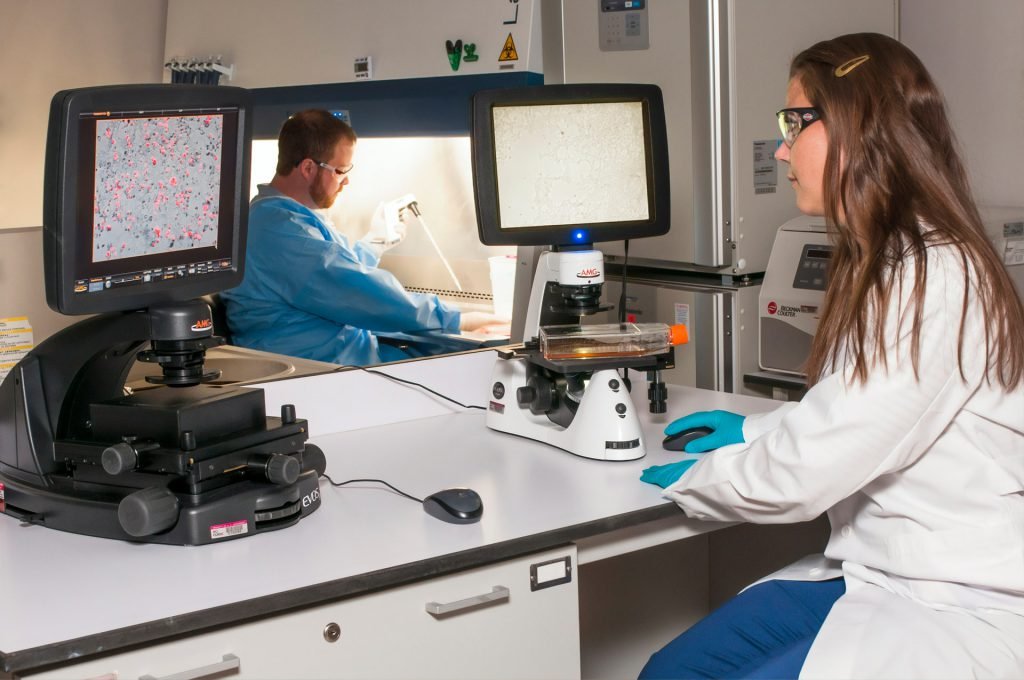
Can celiac disease cause infertility?

Can celiac disease cause infertility? This gluten-free diet usually helps avoid infertility problems. But that’s not always the case.
Celiac disease is a common disease in people, and if you do not follow the proper diet, it can lead to many complications in your organs. And one thing many people don’t know is that celiac disease can cause infertility.
This is due to the influence of several factors, particularly intestinal malabsorption, placental insufficiency, and hormonal disorders
If you want to know a little more about celiac disease, check out the main reasons these two conditions coexist below.
Does celiac disease cause infertility?
Celiac disease causes infertility only when a patient consumes gluten for a long time. These results can occur for a number of reasons, such as:
- Not following or unable to follow nutritional recommendations
- If the symptoms are mild and sporadic, ignoring the diagnosis
For these reasons, women who have had adequate control of the disease for a long time are unlikely to become infertile. If the patient is infertile despite strict management, the doctor may suggest an assisted reproductive technique, which will be described below.

Uncontrolled celiac disease can lead to infertility.
Causes of celiac disease
Celiac disease is an allergic disease that occurs in the small intestine and is a type of autoimmune disease characterized by sensitivity to gluten.
Because of the large-scale commercial use of these products, maintaining a gluten-free diet for patients with celiac disease is very difficult from a social and economic standpoint.
Symptoms that may occur when you have celiac disease include:
- diarrhea
- abdominal distension
- weight loss
- various gastrointestinal problems
Meanwhile, there is scientific evidence that celiac disease is associated with infertility in women. So, let’s take a look at the changes in the organism that explain this phenomenon below.
celiac disease and infertility
Inflammatory responses not only have local effects on the digestive tract but can alter several body systems. This is why the celiac disease can cause infertility.
intestinal malabsorption
One of the most direct consequences of celiac disease patients from exposure to gluten is damage to the intestinal mucosa. This damage can significantly reduce the ability to absorb micro and macronutrients, a symptom of which is known as intestinal malabsorption.
Unfortunately, however, essential micronutrients such as iron and vitamin B12 are indispensable for the development of embryos after implantation in the endometrium. This fact may partly explain the causes of infertility.
placental insufficiency
The placenta is a very important organ that allows the mother to deliver nutrients to the fetus. However, since the immune system covers all organs, antibodies produced against gluten can damage this tissue and cause placental insufficiency.
Having this problem means that the placenta is not functioning properly. This can lead to a miscarriage because the embryo cannot develop properly. This problem can occur multiple times, and it is difficult to make a diagnosis unless the mother has other overt celiac symptoms.
hormonal problems
This problem helps explain male infertility. Likewise, a lack of micronutrients can cause serious hormonal imbalances, especially when those micronutrients affect testosterone. Testosterone is the male sex hormone and plays a very important role in sperm formation.
However, chronic testosterone depletion negatively affects spermatogenesis, which inevitably affects fertilization when sperm and egg meet.

Celiac disease can also affect men, which can cause hormonal problems by reducing testosterone.
Treatment method
To avoid implantation problems or infertility problems due to recurrent miscarriages, it is essential to control the underlying disease. And control of celiac disease consists of following a strict gluten-free diet. Fortunately, there are many gluten-free products on the market these days.
However, infertility is not always preventable or curable. Therefore, patients may consider assisted reproductive techniques, the most well known of which are:
- artificial insemination
- in vitro fertilization
- Intracytoplasmic sperm injection
In some countries, this fertility treatment assistance is available, but in most countries, it is only accessible through private hospitals.
People with celiac disease can lead a normal life only by thoroughly following nutritional recommendations. If you are exposed to gluten for a long time, it is very important to manage it thoroughly because it can lead to infertility as well as neurological and cardiovascular diseases.





















